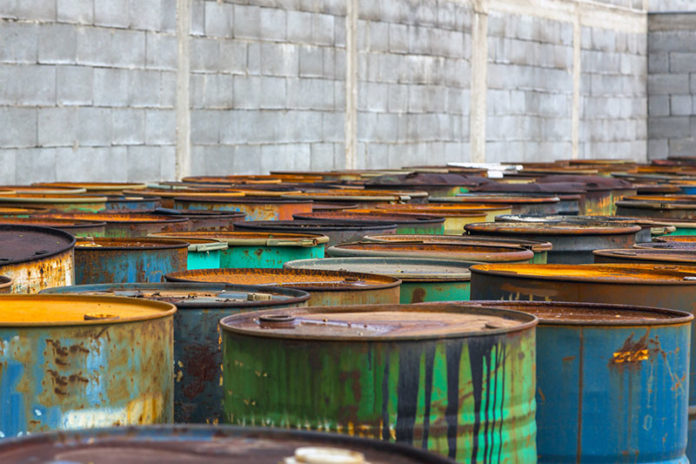In the face of any serious and growing problem, three options are available: You can do more to solve it. You could do the same things you’ve been doing. Or you could do things to make it worse.
When it comes to combating climate change, the Trump administration cannot be accused of foot-dragging. The problem is that it is marching briskly in the worst possible direction.
Methane is rocket fuel for global warming. It amounts to only 10% of U.S. greenhouse gas emissions, but in its first 20 years in the atmosphere, it traps 80 times more heat than carbon dioxide. There’s an upside: Cutting methane emissions yields quicker benefits in slowing climate change. But Donald Trump cares nothing for that project.
This is the same EPA that Donald Trump turned over to Scott Pruitt, a darling of Charles and David Koch — fossil fuel billionaires. After scandals forced Pruitt’s departure, Trump replaced him with Andrew Wheeler, a lobbyist for the coal industry. In their minds, the “p” in EPA stands for “persecution.”
The oil and gas industry is the biggest single source of methane emissions. Barack Obama’s EPA issued regulations to reduce methane leaks from new wells, pipelines and processing facilities — emissions that come not from energy that is used but energy that is wasted. The change also forced companies to take measures to stop discharges from old equipment.
The rule proposed by Trump’s EPA would undo this whole effort, sparing companies the tedious obligation of frequent inspections and monitoring to detect methane leaks. Its proposal comes even though a study last year in the journal Science found that this leakage was 60% higher than Obama’s EPA thought.
The administration also ignores the evidence from Colorado. Since the state mandated more frequent inspections, leaks have been cut in half — while oil and gas production has set records.
It’s clearly possible to be more vigilant about pointless, damaging emissions without hindering the production, transportation or use of natural gas. Don’t take my word for it: ExxonMobil, Shell and BP, among the nation’s biggest gas producers, all oppose the reversal.
“ExxonMobil strongly encourages the agency to continue regulating methane emissions at new and modified sources, and to expand methane regulation to existing sources,” Matt Kolesar, regulatory manager at its XTO Energy, said in March. “With the experience we have gathered across our operations, we know how to reduce our methane emissions in a cost-effective manner.”
Some of its competitors, however, claim that being forced to cut down on leaks would be ruinously expensive. Reported The New York Times: “Lee Fuller, executive vice president of the Independent Petroleum Association of America, said the smaller operators … that his group represents could not absorb the costs that Exxon or Shell could, particularly when it came to inspecting and repairing older wells.”
Maybe it is cheaper for these companies to save money by letting methane escape. But so what? Their prosperity should not come from causing unnecessary damage to the environment and humanity in general. If they can’t afford costs that Exxon and Shell can, they are welcome to sell out to Exxon and Shell so the job can be done right.
Even the EPA doesn’t pretend the change would be financially significant. It estimates the net savings at no more than $19 million a year. That’s the equivalent of zero in the oil and gas industry, whose 2017 revenue totaled more than $135 billion.
If barring companies from indiscriminate spewing put some of them out of business, the effect on consumers would be invisible. Natural gas output in the U.S. has been so high that pipelines can’t handle it all.
The EPA sees no need for the Obama-era rules because, it says, companies will police leaks on their own. Said assistant EPA administrator Anne Idsal, “There’s every incentive for industry to minimize any type of fugitive methane emissions, capture it, use it and sell it down the road.”
She should tell the operators in West Texas that have been burning off $1 million worth of excess gas every day just to get rid of it. Oil companies in North Dakota have been flaring some 20% of the natural gas they bring up.
If you to protect the planet from needless harm, a policy of ignoring methane leakage and accelerating climate change is hard to understand. If you don’t care about that mission, of course, it makes perfect sense.






























